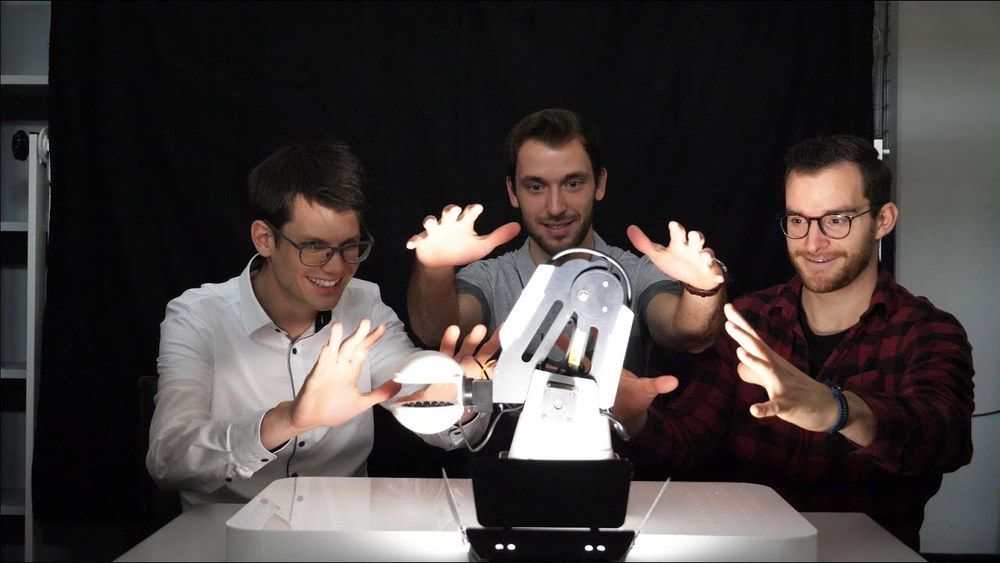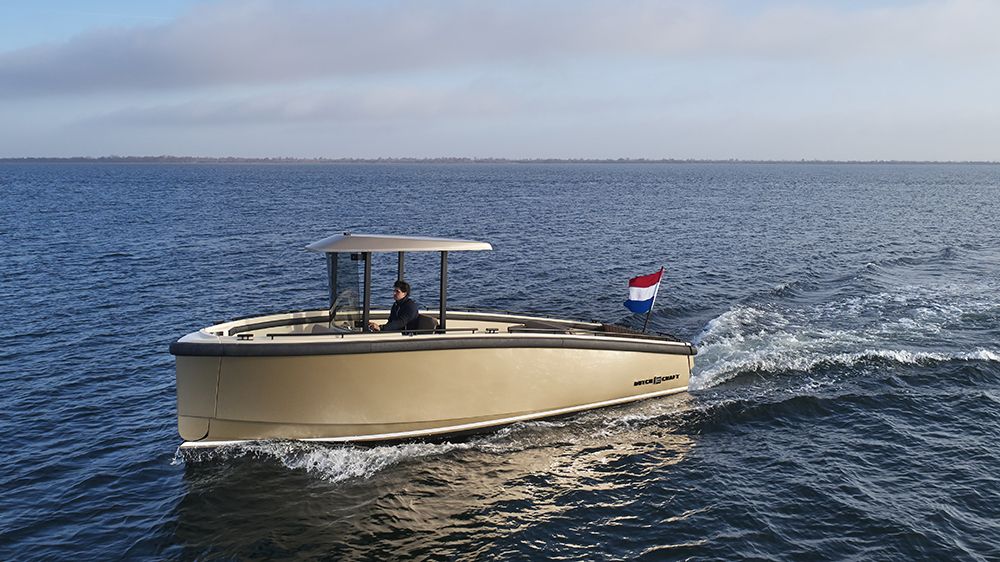Scientists imagined some innovative technologies that could enhance a future mission to Uranus or Neptune.



Uber-flying-car-2020.
Uber aims to prove once again its intention to stay at the crest of innovation with the latest updates of its flying car concept, which it plans to launch by 2020.
In a recent video (watch below), the company depicts passengers ordering flying cabs vie their app and then taking off form a “skyport” on top of an office building.

Soon-windowless-planes-will-let-passengers-see-world-around-them.
I bet while traveling by plane most of the time, people are fighting over the window seat. The reason is simple; they want to enjoy the magnificent view. Inspired by the idea to give the passengers a panoramic view of the sky, the Center for Process Innovation is creating the future of air travel.
This British technology and research firm is constructing futuristic planes that will be windowless. The length of the aircraft will be covered with OLED touch screens giving the passengers a virtual window seat.


https://youtu.be/c7N5UDZX7TQ
A waltz for Ballie. Here’s how Ballie improves the quality of your “me time” and takes care of your loved ones and your home.
#CES2020 #Ballie #InnovationForDelight #Samsung


Proving once again that truth is often stranger than fiction, a Swiss researcher has recently developed an astonishing new type of robotic hand that can actually lift small items via invisible sound waves. While it might appear to be a clever conjuror’s trick, it’s really employing an old invention called ultrasonic levitation, whereby objects are captured and levitated using the sorcery of science.
Researcher Marcel Schuck of the Swiss Federal Institute of Technology in Zurich is utilizing a strange phenomenon whose history dates back 80 years, but fusing the technology into modern robotics applications. Schuck’s initial touchless gripper resembles a halved gourd attached to a network of wires and containing dozens of miniature loudspeakers.

The University of Queensland (UQ) announced on Friday it has been asked to develop a vaccine for the recent Chinese coronavirus outbreak, using the university’s recently developed rapid response technology.
In a statement, the university announced it had received a request to develop a vaccine from the Coalition for Epidemic Preparedness Innovations (CEPI), which describes itself as “an innovative partnership between public, private, philanthropic, and civil organisations” which seeks to develop vaccines to protect the world against outbreaks.
Head of the university’s School of Chemistry and Molecular Biosciences, Professor Paul Young, said in a statement that UQ has novel technology for the rapid development of vaccines, which could provide a vaccine within six months.

Tenders don’t typically make the biggest waves at boat shows, but DutchCraft’s new all-electric vessel is vying to change that. The innovative 26-foot tender will make its world debut at Boot Düsseldorf this month and promises to impress even the most discerning marine enthusiasts.
Get ready to meet the clean, quick and silent tender of your dreams.

A new type of immune cell which kills most cancers has been discovered by accident by British scientists, in a finding which could herald a major breakthrough in treatment.
Researchers at Cardiff University were analysing blood from a bank in Wales, looking for immune cells that could fight bacteria, when they found an entirely new type of T-cell.
That new immune cell carries a never-before-seen receptor which acts like a grappling hook, latching on to most human cancers, while ignoring healthy cells.

SAN FRANCISCO – Startup Skylo emerged from stealth mode Jan. 21 with $116 million in the bank and plans to connect devices by transferring data over existing geostationary communications satellites.
“The key challenge we wanted to address was how data was going to be moved from machines and sensors outside of the areas where traditionally connectivity has existed,” Parthsarathi “Parth” Trivedi, Skylo co-founder and CEO, told SpaceNews. “If we could lower the cost of providing ubiquitous, affordable and reliable connectivity, there would be a phenomenal number of applications.”
Skylo raised $13 million in a Series A investment round led by DCM Ventures and Innovation Endeavors with participation by Boeing HorizonX and Moore Strategic Ventures. In its latest Series B round led by SoftBank with participation by all the firm’s previous investors, Skylo raised $103 million, according to the firm’s Jan. 21 news release.